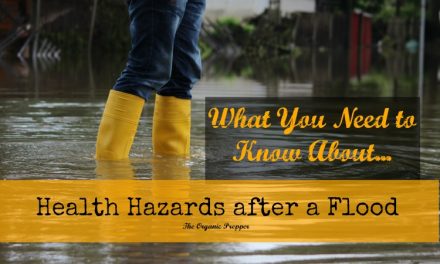Not sleeping is one of the worst feelings in the world. (My editor says she feels nauseated if she doesn’t get at least 5 hours.) But not sleeping multiple nights in a row can be downright unhealthy. If you are a person who thinks you only need a couple of hours a night, you are fooling yourself and headed for serious trouble. In fact, just one night of bad sleep can wreak havoc on our bodies.
RELATED ARTICLES:
- The Worst Thing you could Wear to Bed Tonight
- How Blocking Blue Light at Night Can Transform Your Sleep
- How to Burn Body Fat in Your Sleep
When we sleep we allow our bodies to relax, recharge, and follow through with millions of intricate and important processes that aid the brain in achieving long-term memory, while cells regenerate and repair tissue damaged throughout the day. Therefore, miss your zzz’s and you’ll hinder all those processes. But not just that, research has even found that a lack of sleep can result in various life-threatening conditions.
1. Obesity and Diabetes
According to a study out of the University of Chicago, “fatty acids hinder the speed of your metabolism, along with the ability to regulate blood sugars,” and guess what? People who lack sleep have fatty acid buildup and that causes their metabolism to slow down.
The researchers concluded that the increase of fatty acids resulted in greater insulin resistance. When you pair that with a slowed metabolism, you gain weight. Lots.
3. Cardiovascular Disease
Following 657 Russian men between the ages of 25 and 64, for 14 years, researchers discovered that almost two-thirds of the ones who suffered heart attacks also had sleep disorders.
But even scarier was that the men who reported having sleep disorders were also found “to have a 2.6 times higher risk of myocardial infraction, which is a heart attack that occurs when the heart muscle dies. They were also found to have a 1.5 to four times greater risk of stroke.”
4. Ulcerative Colitis
Ulcerative colitis is an inflammatory bowel disease that causes ulcers in the lining of the digestive tract. And, a study conducted by NHS, found that the disease can be triggered by a lack of sleep- less than 6 hours- or, interestingly enough, by excessive amounts of sleep- more than nine hours. (Of note, these results were only found within adult women.)
5. Suicide
In 2014, a study from Stanford University of Medicine found a link between a lack of sleep and suicidal thoughts in adults, even if they hadn’t reported feeling depressed previously. The study was conducted over a 10-year time period with 420 participants and during that time, 20 people who had difficulty sleeping, took their lives. So tragic.
6. Prostate Cancer
From the article, “Researchers of a 2013 study published in the journal Cancer Epidemiology, Biomarkers and Prevention discovered a higher rate and seriousness of prostate cancer in patients with sleep issues. The study, which examined more than 2,o00 men from Iceland between the ages of 67 and 96 for 3 years, concluded that men who didn’t sleep enough had a 60 percent greater chance of developing prostate cancer. This number doubled in those who had a tough time staying asleep.
According to the researchers, this link is the result of melatonin suppression, since melatonin both allows for better sleep quality as well as represses tumor growth.”
Source: Collective Evolution












